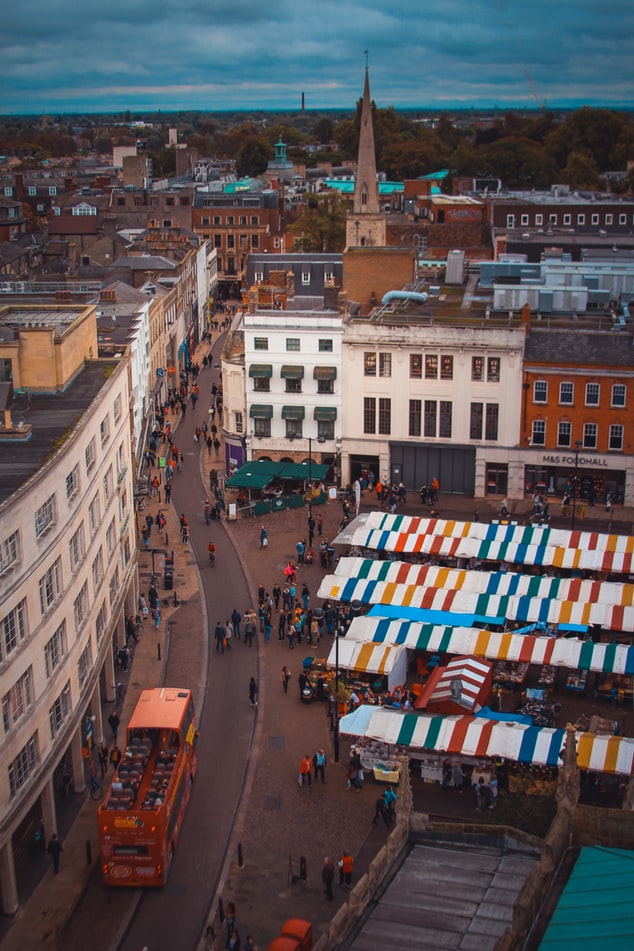
Researchers from the University of Greenwich surveyed market traders and visitors across England and France and found that while markets are valued for the quality of their service, they are not utilising the visitor economy.
Dr Andres Coca-Stefaniak, Associate Professor of Tourism and Events at the University of Greenwich and co-investigator on the GO TRADE project, said: "Traditional markets have historically played a huge role in the sustainability and viability of our town centres. This role is even more important today, particularly for young entrepreneurs trying to market-test their business ideas and older customers keen to avoid out-of-town shopping malls in favour of fresh local produce and a more personal touch.
"However, traditional markets need a personality makeover by offering more unique experiences to locals and visitors alike if they are to compete with large supermarkets. People have told us that they would like to see not only more attractive markets but also more events and entertainment available at the market."
The team of academics will present their latest findings on the value of traditional markets to EU policy makers at the European Week of Regions and Cities in Brussels this week – Tuesday 8 October.
The survey has been designed and managed by the University of Greenwich in conjunction with the NMTF (previously known as the National Market Traders Federation) as well as markets and town centres in Great Yarmouth, Gravesend, Castle Point and Basildon in England and several locations in northern France as part of the £4.8 million GO TRADE project, which is co-funded by the European Union and led by Professor Petros Ieromonachou, Director of the Connected Cities Research Group.
Over the next two years, the GO TRADE project will be developing tourism promotion initiatives for markets on both sides of the English Channel and business support packages for market stall holders to enhance their competitiveness and service offer. The GO TRADE project is supported by the university's i3 Centre and co-funded by the European Regional Development Fund (ERDF) through the Interreg VA cross-border (England- France) programme.
For more information on the GO TRADE project, see: https://www.gre.ac.uk/business/research/centres/ccrg/go-trade
The team, from the university's Faculty of Business will present their findings 8 October.


